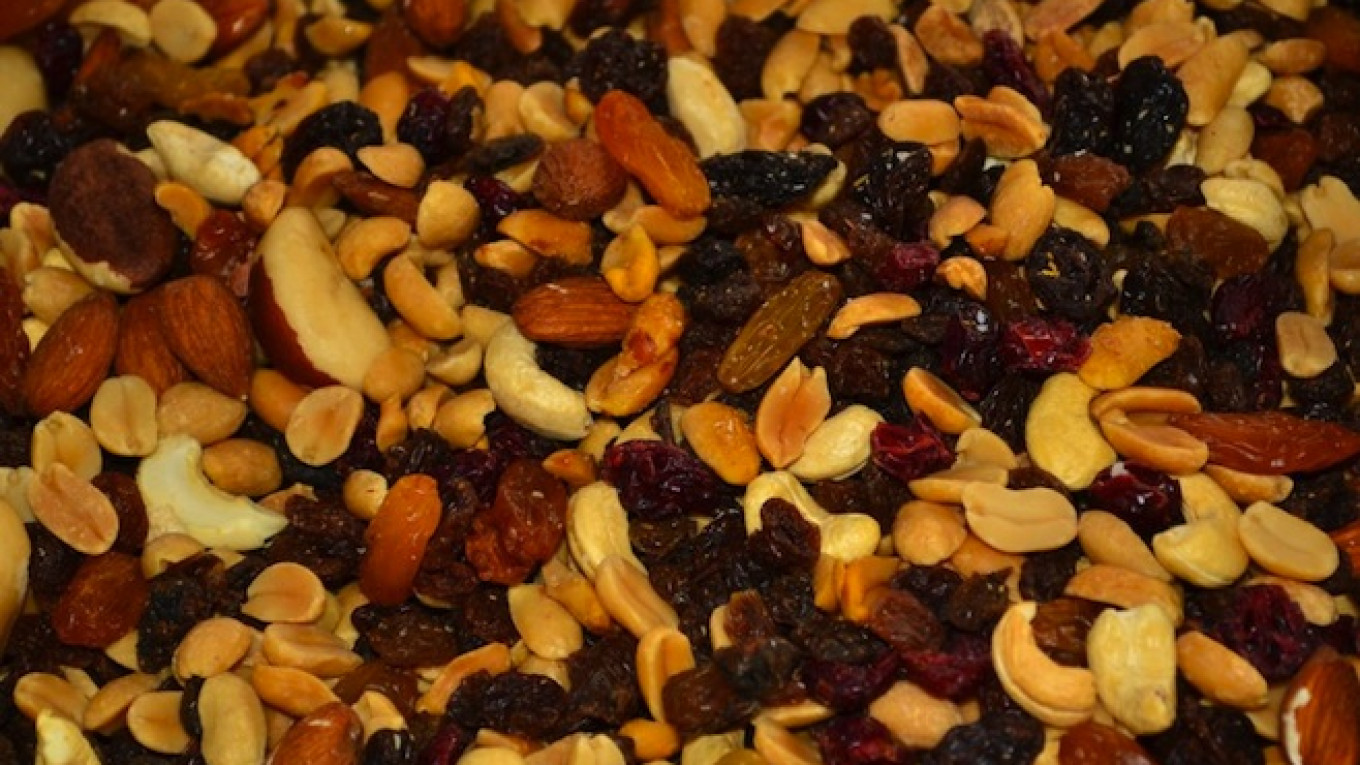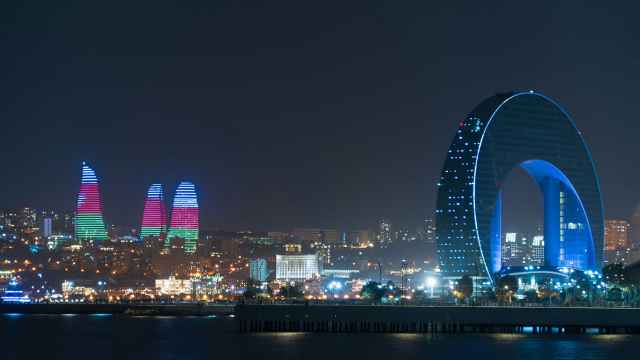CHICAGO, Illinois — With Russia pitting itself against the United States, the European Union and other major trading partners with bans on agricultural imports, an outsized share of the trade dispute is falling where Vladimir Putin may never have expected: On the almond growers of central California.
Almonds are the top agricultural export to Russia from the Golden State, followed by pistachios, rice, prunes and wine. Last year, California exported $102.4 million worth of the nuts to Russia, making it the eighth largest foreign market. Nationwide, almonds rank third among farm products exported to Russia, behind chicken and cattle.
Before U.S. trade friction with Russia started rising early this year, California nut growers had big plans for Russia — a market the world's largest almond processor, Blue Diamond Growers, first cracked in 1968.
"For us, it was one of the bright spots on the market place," said Jim Zion, managing director of Meridian Nut Growers, the sales and marketing arm for a pool of California nut growers.
Hopes rose when Russian importers last year visited Meridian's offices in Clovis, California, for the first time. Their interest in how nuts are grown and processed was seen as a sign of increasing interest in trade, Zion said. However, no buyers came this year.
Zion had laid plans to mount Meridian's first-ever visit to a food show in Russia in September, but called off the trip recently because of the political tensions. Any hope of reviving the trip died when Russian President Putin announced import bans.
"It's definitely not going to happen now," Zion said on Thursday.
Blue Diamond hired a marketing manager fluent in Russian about five years ago in a bid to boost business in Russia, said Elaine Rominger, an almond grower who sits on the 104-year old cooperative's board of directors.
"Any time that there is a ban on exports it's detrimental to crop growers," she said. "It's bad for the country, both countries, because it doesn't allow us free trade."
A Blue Diamond spokeswoman said Russia's sanctions would not have a significant effect on its business.
Even before the ban, U.S. almond exports to Russia were softening, after years of growth. Total shipments of U.S. almonds to Russia are down this year for the first time since 2009. From January to June, exports were $47.1 million, down about a third from the same period a year earlier.
Growers said they easily can find alternative buyers for their almonds in places like China and Europe, where demand is strong. Russia's ban should not hurt prices, they added.
Still, the loss in Russian sales is a headache for an industry already struggling with a historic California drought.
The size of the almond harvest this year and the quality of the nuts have been hurt by the lack of water, Blue Diamond's Rominger said.
Russia's restrictions are "obviously not a bonus point," according to Zion. "It's one more obstacle we have to overcome in farming."
See also:
A Message from The Moscow Times:
Dear readers,
We are facing unprecedented challenges. Russia's Prosecutor General's Office has designated The Moscow Times as an "undesirable" organization, criminalizing our work and putting our staff at risk of prosecution. This follows our earlier unjust labeling as a "foreign agent."
These actions are direct attempts to silence independent journalism in Russia. The authorities claim our work "discredits the decisions of the Russian leadership." We see things differently: we strive to provide accurate, unbiased reporting on Russia.
We, the journalists of The Moscow Times, refuse to be silenced. But to continue our work, we need your help.
Your support, no matter how small, makes a world of difference. If you can, please support us monthly starting from just $2. It's quick to set up, and every contribution makes a significant impact.
By supporting The Moscow Times, you're defending open, independent journalism in the face of repression. Thank you for standing with us.
Remind me later.






